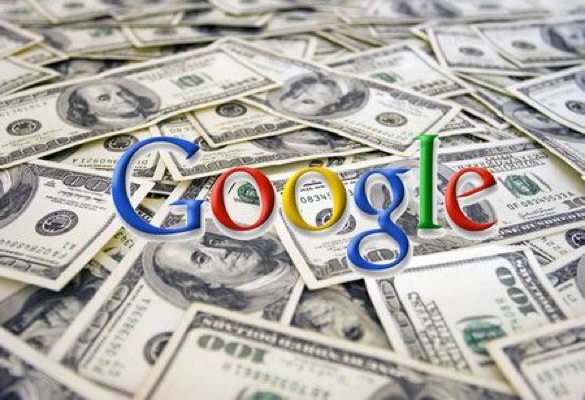Google Readies Bank Accounts For US Customers

Search engine giant is planning a banking move, in a development that is sure to trigger regulatory investigations
Google has confirmed a move into the banking sector when it said it is planning to offer current accounts that will be operated through Google Pay.
The news was first reported by the Wall Street Journal, and that the project is codenamed Cache and will launch sometime next year.
The move is sure to trigger regulatory scrunity, already concerned at Facebook’s announcement in June this year that it will offer a digital currency called Libra.
![]()
Google Pay
Google apparently plans to launch the banking service in partnership with Citigroup and a credit union at Stanford University.
At the time of writing, it is unclear whether Google intends to expand the banking service beyond the United States, although the search engine giant has confirmed the WSJ report.
“We’re exploring how we can partner with banks and credit unions in the US to offer smart checking accounts through Google Pay, helping their customers benefit from useful insights and budgeting tools, while keeping their money in an FDIC or NCUA-insured account,” a Google spokesperson told CNN.
It is reported that the current accounts will be branded with Google’s partners branding (via Google Pay), and the banks themselves will be responsible for all the financial aspects including compliance etc.
Google also reportedly hasn’t decided whether the accounts would charge fees – a common practice in the United States.
Google’s decision is the latest to upset the traditional banking sector.
Tech finance
Other than Facebook and its Libra project, Amazon is also reportedly seeking to introduce current accounts for customers.
Apple meanwhile of course teamed up with Goldman Sachs to launch a credit card, while its Apple Pay service has become a default payment method for many iPhone customers.
Earlier this month a US regulator confirmed it had begun an investigation into the way Goldman Sachs sets credit limits for the Apple Card after a tech entrepreneur said he had been given a limit 20 times that of his wife.
Quiz: Are you a Google expert?